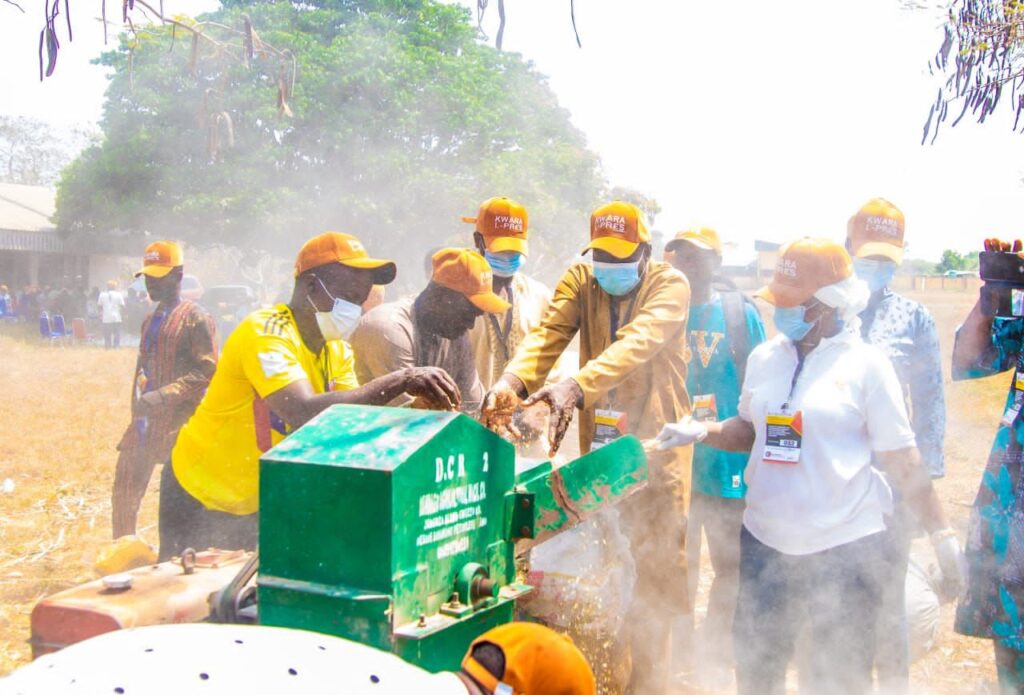By: Oluwatobi Aroyehun
In a bid to enhance food security, improve economic livelihoods, and address the persistent clashes between farmers and herders, the Kwara State Government has concluded a five-day intensive training on commercial fodder production and value chain addition for 100 livestock farmers and industry stakeholders.
The training, organized under the World Bank-assisted Livestock Productivity and Resilience Support Project (L-PRES), was conducted by the Centre for Dryland Agriculture (CDA) of Bayero University Kano (BUK) in collaboration with S G Imperial Concept Limited.
The event was held at the Agricultural and Rural Management Training Institute (ARMTI) in Kabba-Owode, Ifelodun Local Government Area of Kwara State.
Speaking at the closing ceremony, the State Project Coordinator, Mr. Olusoji Oyawoye, represented by the Project Extension Officer, Mr. Nureni AbdulRasaq, emphasized that the initiative has the potential to significantly reduce farmers-herders conflicts by ensuring a sustainable supply of livestock feed.
“Fodder is essential for animal feed. Clashes arise because livestock compete with humans for food. If we encourage commercial fodder production, it will not only create employment but also provide herders with a reliable source of animal feed, reducing pressure on farmlands and minimizing conflicts,” Oyawoye stated.

The lead facilitator from CDA, Dr. Akeem Ajeigbe, stressed the urgency of modernizing Nigeria’s agriculture sector, noting that the country’s population is projected to reach 300 million in the next 25 years. He highlighted the need for mechanized and commercialized agriculture to sustain food production.
During the training, participants received both theoretical and practical lessons on fodder processing, including how to convert crop residues and forest trees into livestock feed.
One of the trainees, Mallam Abdulraheem Yahaya Onikpe, a retired federal civil servant, expressed gratitude to the state government and its partners for the opportunity, stating that the training would enable farmers to feed their animals at minimal costs and improve their productivity.
This initiative is expected to not only improve the economic well-being of livestock farmers but also play a crucial role in resolving long-standing conflicts between farmers and herders in Nigeria.

